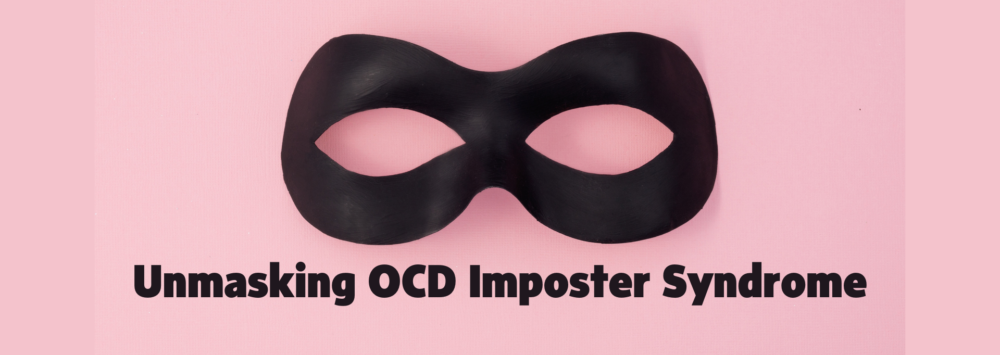By Corey Harrilal
OCD is brutal, cynical, and unforgiving. While we might find consensus on some well-chosen adjectives, OCD is more akin to snowflakes — no two are identical. I discovered this reality firsthand at McLean Hospital: one resident might be engaged in an anxiety-driven two-step dance right at the entrance of the meeting room, while another could be in the middle of their fourth round of apologies. Both were examples of the ritualistic toll that OCD forces us to pay to progress in life.
How was it that our OCD could look so different, yet be the defining struggle that connects us all? This question became all the more relevant when Ralph, a fellow resident, surprised me with the comment,
“You don’t really look like you have OCD”.
Upon hearing that, I mentally reviewed my little interactions with people and the impressions I must have left. Why doesn’t it look like I have OCD? Am I smiling too much? What is having OCD even supposed to look like?
Ralph’s words hit me hard, plunging me into a pool of self-doubt. It was as if I had been unmasked as an impostor, someone who didn’t quite fit the mold of what society expected OCD to be. At that moment, I felt it creeping in, whispering doubts about the validity of my struggles.
Then, I looked back to all of the pain and suffering I had to endure at the hands of OCD. There was no way that was fake. In reality, Ralph’s comment was a reflection of the misconceptions and stereotypes surrounding mental health. OCD doesn’t have a one-size-fits-all appearance; it can manifest in countless ways, often hidden behind smiles or outward composure.
The bulk of my battles took place behind closed doors. It involved tirelessly pacing around the room searching for the right feeling to squash the current obsession. Ralph could never know just how difficult these silent battles were.
In the end, Ralph’s comment served as a reminder of the importance of breaking down stigmas and promoting understanding and acceptance of mental health struggles. We are all fighting our own battles, and it’s crucial to recognize that those battles may not always be visible on the surface.
-
Corey Harrilal is an OCD advocate and software developer who writes about the lessons he’s learned at the OCD Institute. In his newsletter, Orchard Journal, he prioritizes the OCD community by giving them a platform to be heard.


Leave a Reply